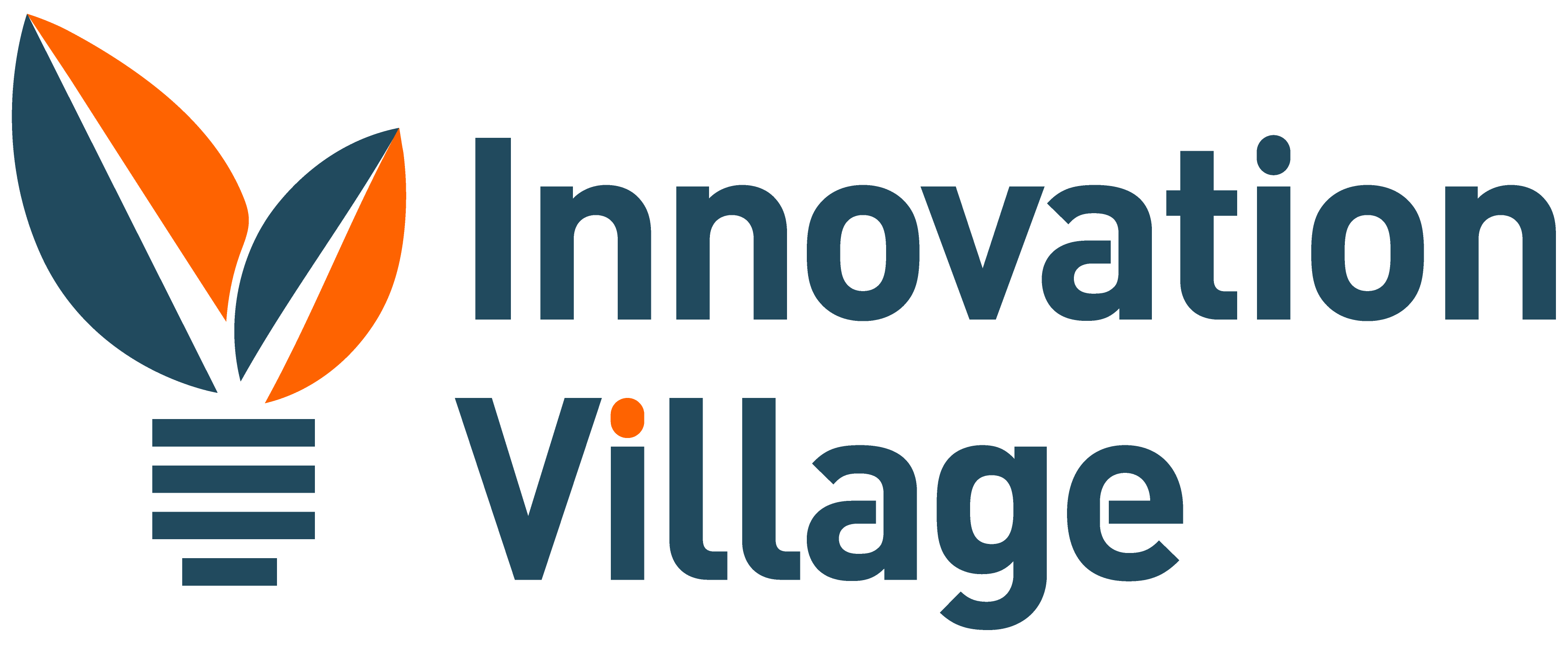In 2023, the digital landscape witnessed transformative trends that reshaped industries and consumer behavior. The COVID-19 pandemic accelerated remote work adoption, leading to a re-evaluation of traditional office setups and work-life balance. Concurrently, e-commerce experienced exponential growth as consumers embraced online shopping for its convenience and safety. Digital payments surged, with contactless options and mobile wallets becoming the preferred mode of transaction. Artificial intelligence played a pivotal role, enabling personalized customer experiences across various sectors. Furthermore, a global focus on sustainability drove investments in renewable energy solutions, fostering a transition towards greener practices. These trends created a profound impact of technology on society and set the stage for further digital evolution in the years ahead.
As we look ahead to 2024, several emerging trends promise to shape the digital economy’s trajectory even further. First, the metaverse is poised to revolutionize how we socialize, work, and consume content. Blurring the lines between physical and digital realities, the metaverse offers boundless opportunities for immersive experiences, virtual commerce, and collaborative environments. From virtual events to virtual real estate, businesses are racing to stake their claim in this digital innovation.
But that’s not all, artificial intelligence (AI) continues to stand as a transformative force shaping the digital economy. Building on its momentum from previous years, AI is increasingly integrated into various facets of business operations, driving efficiency, innovation, and personalized experiences. From predictive analytics to natural language processing, AI technologies are empowering organizations to extract valuable insights from data, automate processes, and enhance decision-making. Furthermore, AI-powered solutions are democratizing access to advanced capabilities, enabling businesses of all sizes to leverage the benefits of machine learning and automation. As AI continues to advance, its impact on the digital economy will be profound, driving productivity gains, fostering innovation, and reshaping industries across the globe.
Other trends in 2024 include:
- E-commerce Expansion
E-commerce has seen explosive growth globally, with Africa emerging as a hotbed for online retail. Platforms like Glovo and Takealot in South Africa are transforming consumer habits, offering everything from groceries to electronics at the click of a button. As internet access becomes more widespread, e-commerce is poised to revolutionize retail across the continent in 2024. - Fintech Revolution
Fintech innovations are democratizing access to financial services, particularly in underserved regions like Africa. Initiatives like the Digital Economy Program have set sail to serve last mile communities and Mobile money platforms like M-Pesa in Kenya and Paga in Nigeria are empowering millions to transact, save, and access credit without traditional banking infrastructure. These solutions are driving financial inclusion and economic empowerment. - Digital Health Solutions
The intersection of technology and healthcare is catalyzing the adoption of digital health solutions, especially in remote areas of Africa. Mobile apps for telemedicine, such as Baobab Health in Malawi, rocket health. etc. are connecting patients with healthcare providers, improving access to quality care and reducing healthcare disparities. - Renewable Energy Integration
Africa is embracing renewable energy solutions to address energy access challenges and combat climate change. Initiatives like the M-KOPA solar home system in East Africa and the Azuri PayGo system in West Africa are providing off-grid households with affordable and sustainable electricity, transforming lives and livelihoods. - Gig Economy Growth
The gig economy is flourishing across Africa, offering new opportunities for employment and entrepreneurship. Platforms like Upwork, Fiverr and innovation village Maven’s network enable individuals to offer their skills and services globally, while local platforms like SafeBoda in Uganda and Bolt in Nigeria provide flexible earning opportunities through ride-hailing and delivery services. - Remote Work Adoption
The COVID-19 pandemic accelerated the shift to remote work, a trend that continues to reshape the way businesses operate. In Africa, initiatives like Andela and Gebeya are tapping into the continent’s tech talent pool, offering remote work opportunities in software development and IT services to companies worldwide. - Cybersecurity Focus
With increased digitization comes the growing importance of cybersecurity. African organizations are prioritizing cybersecurity measures to protect against data breaches and cyberattacks. Initiatives like the Africa Cybersecurity and Digital Rights Organization (ACDRO) are advocating for stronger cybersecurity policies and awareness across the continent. - EdTech Innovation
Education technology is transforming learning experiences and expanding access to quality education in Africa. Platforms like Eneza Education in Kenya and Siyavula in South Africa offer interactive digital content and online tutoring, bridging educational gaps and empowering learners of all ages. - Smart Agriculture Solutions
Agriculture remains a cornerstone of many African economies, and technology is revolutionizing the sector. Solutions like Farmcrowdy in Nigeria and M-Farm in Kenya, Hamwe East Africa, Axiom Zon, Ensibuuko and MobiPay AgroSys Limited in Uganda leverage data analytics and mobile technology to provide farmers with access to market information, financial services, and agricultural inputs, enhancing productivity and sustainability. - Blockchain Applications
Blockchain technology is gaining traction in Africa this year, offering solutions to various challenges, from identity verification to supply chain transparency.In Uganda, BitPesa, a pan-African blockchain-based payment platform allows for cheaper and faster cross-border transactions while Projects like Bitland in Ghana utilize blockchain for land registration, are reducing fraud and improving land tenure security, unlocking economic opportunities for communities.
In conclusion, the digital economy in 2024 is characterized by innovation, inclusivity, and resilience, with Africa playing an increasingly significant role in shaping its trajectory. If Innovators, entrepreneurs, and solution builders harness these trends and leverage technology for positive impact, we can extend services to multiple communities and build a more prosperous and equitable future for all.





